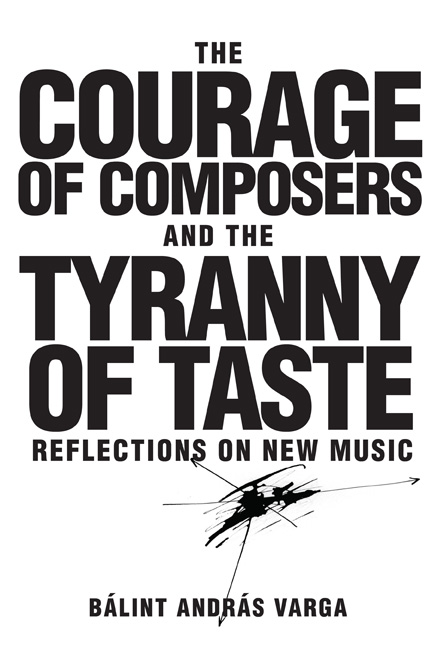11 - Lorenzo Ferrero (b. 1951)
Published online by Cambridge University Press: 22 May 2021
Summary
It surely takes tremendous daring to leave the ship you are sailing on, in good and supportive company, and change midcourse to another vessel headed in a different direction. The ship was showing no signs of sinking by any means, its passengers clearly convinced that “fair stood the wind for the future” (to misquote the title of H. E. Bates's war novel).
Lorenzo Ferrero is not the only composer to have decided that he needed to turn his back on his former musical convictions. The most notable—or notorious—example is perhaps the Slovak avant-gardist Ladislav Kupkovic (b. 1936) who went as far back as Robert Schumann to find a new point of reference. In a way, I also count Alexander von Zemlinsky among these stubborn musicians, even though he had never jumped on the dodecaphonic bandwagon but defied his brother-in-law Schoenberg in keeping to his own special brand of late Romanticism.
I think I need not add anything to the above: the first few paragraphs of Lorenzo Ferrero's recollection provide a graphic description of the situation into which he had maneuvered himself. Those paragraphs also tell you of the downright harmful role some music critics have played in their dogmatic effort to get the stray sheep to return to the flock. A clear case of the tyranny of taste! You need all your conviction and strength of character to stay away from the pen and graze on fields you can call your own.
April 30/May 13, 2015
For me, the word courage is related to a specific moment in my career. I grew up as if the avant-garde were the natural language of music. Very early on, I received admiration, recognition, commissions … Except that at some point I realized there was something wrong in that, the musical language I mean. A few hints of different directions, cautiously included as quotations in some works, immediately caused critics to suspect me of betrayal. I remember one of them, a former admirer, who went all the way down a corridor with his face to the wall in order to avoid meeting me. We were in the late seventies of course …
- Type
- Chapter
- Information
- The Courage of Composers and the Tyranny of TasteReflections on New Music, pp. 72 - 75Publisher: Boydell & BrewerPrint publication year: 2017

